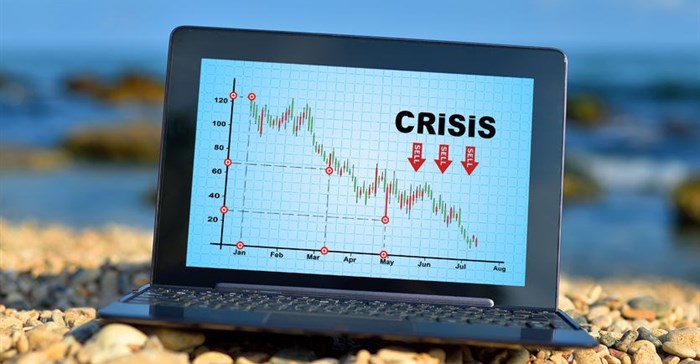When a crisis happens, the need to communicate is immediate. The reputation of a business is at stake, with potentially devastating consequences.
While many organisations have risk departments with excellent business continuity plans in place, far fewer have up-to-date crisis communication strategies and plans in place. When business operations are disrupted, customers want to know the likely impact and, more importantly, what the company is doing to mitigate the risks as quickly as possible. Employees want to know the impact, and how it might affect them.
Any disaster management plan should at its heart have a solid crisis communication plan in place – one that can be triggered instantaneously without taking hours to determine next steps. A business should be in a position to respond immediately, with accurate information, and with confidence and transparency. This means a lot of thinking before the crisis even happens.
Many different audiences could be impacted, depending on the crisis, and need to be communicated to with information specific to their needs. It is the critical hours after a crisis breaks that can significantly tarnish a company’s reputation in the eyes of its employees, stakeholders, media, and public at large. Getting it right involves following critical steps that ensure trust and credibility are maintained through ongoing open communication.
Next day is too late
A solid crisis communications plan focuses on understanding potential audiences, guidance for scripting messages, identifying crisis teams, pre-agreeing roles and responsibilities, as well as having pre-approved content and processes to reach stakeholders on multiple media channels on tight timeframes. This means planning for high-impact scenarios and preparing a strategy to address those.
We live in an era where many crises are first reported on social media, and companies need to accept and adapt to that new reality. One significant implication of this is immediacy – companies do not have time to wait for next-day press coverage, but rather initiate proactive engagement to address the crisis situation.
A number of organisations have learned tough lessons from crises in the past few months, where the leadership teams failed to take centre stage in updating irate customers on service disruptions. Furthermore, the call centres were not prepared with customer feedback, nor were social media platforms used effectively to shape open and honest conversations about the crisis.
The opening afternoon session of the 2016 PRISA conference, taking place from 17 to 19 August at the Southern Sun Elangeni & Maharani Hotel, will focus on the key strategic skills communicators need to be equipped with in order to manage crises. Chaired by myself as independent communications consultant, the panel includes Carol Allers from Eskom, Kirby Gordon from Flysafair, and Janine Hills from Vuma Reputation. Each will provide their insights and experiences around crisis management, and afford the audience an opportunity to pose questions directly to the experts on matters affecting them.











































